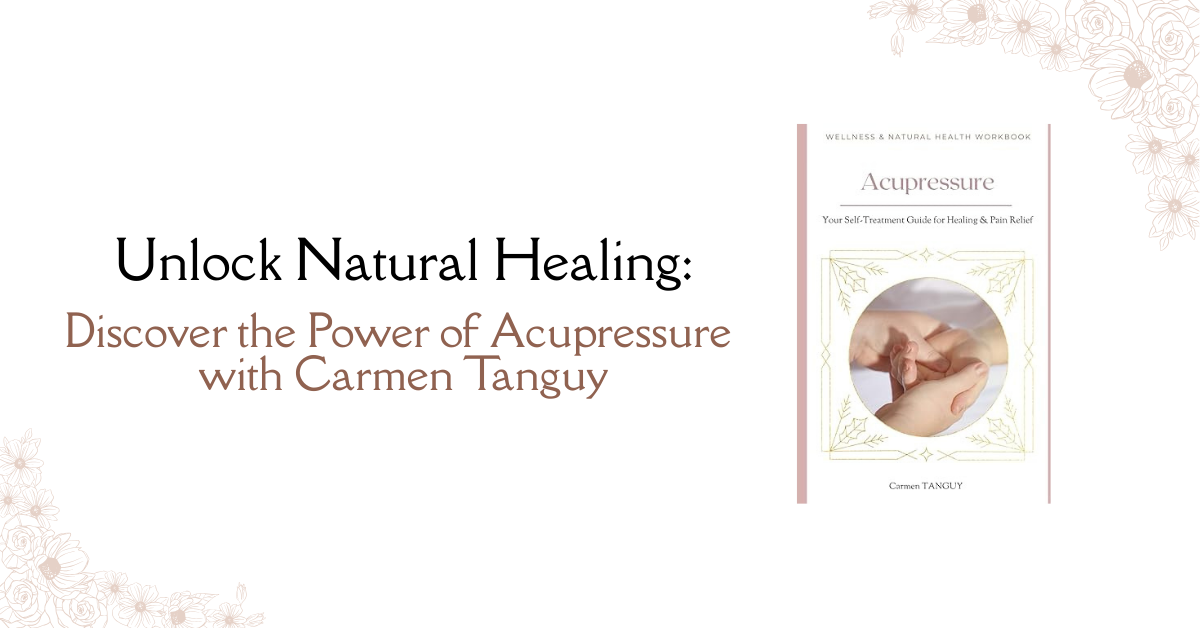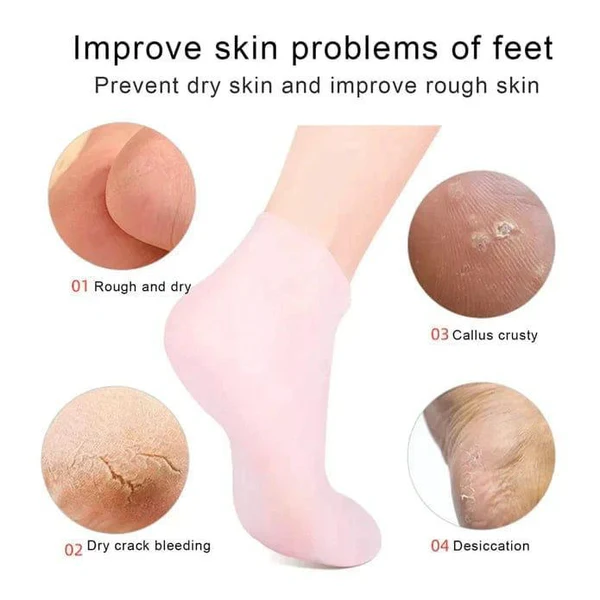Sleep is one of the most vital aspects of human health. Yet, millions of people across the globe are silently suffering from a serious condition that disrupts their rest and health — sleep apnea. Often undiagnosed and misunderstood, this disorder can significantly impact daily life and overall well-being. Fortunately, with advancements in sleep apnea treatment, managing the condition has become easier and more effective than ever before.
What is Sleep Apnea?
Sleep apnea is a sleep disorder characterized by repeated interruptions in breathing during sleep. These pauses in breathing can last for a few seconds to minutes and may occur 30 times or more per hour. The most common form, obstructive sleep apnea (OSA), happens when the muscles at the back of the throat fail to keep the airway open. Other forms include central sleep apnea, where the brain doesn’t send the right signals to the muscles that control breathing, and complex sleep apnea, a combination of both.
Symptoms of Sleep Apnea
Many people with sleep apnea are unaware they have the condition, as it occurs during sleep. However, some common signs and symptoms include:
-
Loud, persistent snoring
-
Gasping or choking during sleep
-
Excessive daytime sleepiness
-
Morning headaches
-
Difficulty concentrating
-
Mood swings and irritability
-
Dry mouth or sore throat upon waking
If you or a loved one is experiencing these symptoms, it’s essential to seek medical advice. Untreated sleep apnea can lead to severe health issues such as high blood pressure, heart disease, type 2 diabetes, stroke, and even depression.
Diagnosing Sleep Apnea
Proper diagnosis is key to finding the most effective sleep apnea treatment. A doctor may recommend a sleep study (polysomnography), which monitors brain activity, breathing patterns, heart rate, and oxygen levels during sleep. These tests can be conducted in a sleep clinic or at home with a portable device.
Once a diagnosis is confirmed, your doctor will discuss appropriate treatment options based on the severity and type of sleep apnea you have.
Sleep Apnea Treatment Options
Thankfully, several treatment options are available today, ranging from lifestyle changes to medical devices and surgery. The choice of sleep apnea treatment often depends on the severity of the condition, individual preferences, and overall health.
1. Lifestyle Changes
For individuals with mild sleep apnea, lifestyle adjustments can be highly effective. These include:
-
Weight loss: Excess weight, especially around the neck, can contribute to airway obstruction.
-
Positional therapy: Sleeping on your side instead of your back can reduce airway collapse.
-
Avoiding alcohol and sedatives: These substances relax throat muscles, worsening the condition.
-
Quitting smoking: Smoking increases inflammation and fluid retention in the airway.
While lifestyle changes may not cure sleep apnea entirely, they can significantly reduce symptoms and improve quality of life.
2. Continuous Positive Airway Pressure (CPAP)
CPAP therapy is the gold standard for sleep apnea treatment, especially for moderate to severe cases. A CPAP machine delivers a constant stream of air through a mask worn over the nose or mouth, keeping the airway open throughout the night.
Though it may take time to adjust, many patients report a dramatic improvement in their sleep quality and daytime alertness after starting CPAP therapy. Modern machines are quieter, more comfortable, and equipped with features like humidifiers and pressure adjustments.
3. BiPAP and APAP Machines
For those who struggle with CPAP, alternatives like BiPAP (Bilevel Positive Airway Pressure) and APAP (Automatic Positive Airway Pressure) machines may be recommended. BiPAP provides different air pressures for inhalation and exhalation, while APAP adjusts pressure automatically throughout the night based on breathing patterns.
These machines are often used for central sleep apnea or patients with complex needs.
4. Oral Appliances
Another effective sleep apnea treatment, especially for mild to moderate cases, is a custom-fitted oral appliance. These devices are worn during sleep and help reposition the jaw or tongue to keep the airway open.
Oral appliances are less intrusive than CPAP machines and are often preferred by patients who travel frequently or find CPAP uncomfortable. Dentists who specialize in sleep medicine can help with fitting and follow-up care.
5. Surgery
Surgical intervention may be considered when other treatments are ineffective. Procedures vary based on the cause of airway obstruction and can include:
-
Uvulopalatopharyngoplasty (UPPP): Removes excess tissue from the throat to widen the airway.
-
Tonsillectomy or adenoidectomy: Often used in children with sleep apnea.
-
Genioglossus advancement (GA): Moves the tongue muscle attachment forward to prevent airway collapse.
-
Maxillomandibular advancement (MMA): Realigns the jaw to enlarge the airway.
-
Inspire Therapy: A newer, FDA-approved device that uses a small implanted stimulator to keep airways open by stimulating nerves during sleep.
Surgery is typically a last resort but can be life-changing for patients with anatomical abnormalities.
Importance of Treating Sleep Apnea
Ignoring sleep apnea can lead to a host of health complications. Untreated sleep apnea increases the risk of:
-
Cardiovascular problems: High blood pressure, arrhythmias, and stroke.
-
Daytime fatigue: Leading to accidents and decreased productivity.
-
Metabolic issues: Including weight gain and insulin resistance.
-
Mental health challenges: Such as depression and anxiety.
Effective sleep apnea treatment improves more than just sleep — it enhances overall health, mental well-being, and longevity. Many patients also report better mood, clearer thinking, and improved relationships after starting treatment.
Finding the Right Provider
If you suspect you have sleep apnea, it’s essential to consult a qualified healthcare provider or sleep specialist. They can guide you through testing, diagnosis, and selecting the best sleep apnea treatment for your specific needs.
Sleep centers, dental professionals with training in sleep medicine, and ENT (ear, nose, and throat) specialists are all valuable resources.
Final Thoughts
Sleep apnea is a common but serious condition that requires attention and care. Thanks to ongoing medical advancements, there are now multiple effective sleep apnea treatment options available to suit different lifestyles and severity levels. From simple lifestyle changes and oral devices to advanced machines and surgical interventions, managing sleep apnea is possible — and crucial.
If you or someone you love is experiencing signs of sleep apnea, don’t wait. Talk to a sleep specialist today and take the first step toward restful nights and healthier days.














Leave a Reply